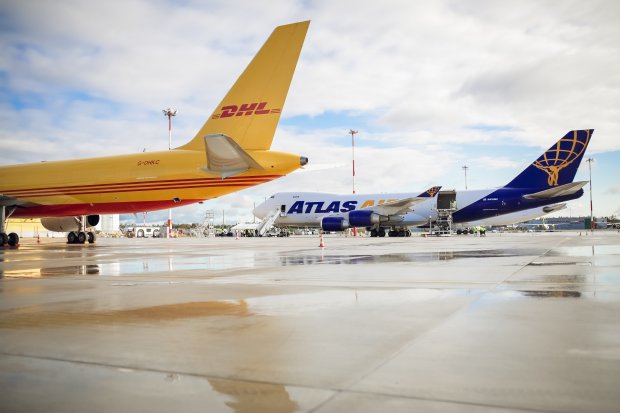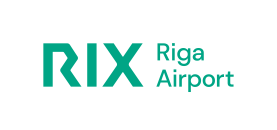RIX Riga Airport – The Rising Star of Baltic Air Cargo

Riga Airport’s strategic initiatives and infrastructure investments have positioned it as a key player in the Baltic air cargo industry. Its efforts to enhance cargo capacity, forge strategic partnerships, and develop comprehensive logistics solutions underscore its commitment to leading the region’s air cargo business.As demand for air freight continues to grow, Riga Airport is well-equipped to meet the needs of airlines, e-commerce giants, and freighters, solidifying its status as a regional leader and a vital gateway for global trade. The airport’s forward-thinking approach and competitive advantages present an unparalleled opportunity for investors looking to be part of a thriving and expanding market.
Strategic Location and Key Benefits
Riga Airport, strategically located in the heart of the Baltics, offers numerous benefits for air cargo logistics development. The airport boasts a 24/7 customs office, veterinary control, and plant protection services, along with no curfew or noise restrictions. These features make it an attractive hub for airlines, e-commerce companies, and freighters. The state-of-the-art infrastructure and strategic partnerships further solidify its position as the leading air cargo hub in the region.
Transformative Decade in the Baltic Air Cargo Industry
The Baltic region – Latvia, Lithuania, and Estonia – has experienced a transformative decade in its air cargo industry. Since joining the European Union in 2004, the air cargo business in these countries has primarily been driven by scheduled airlines offering bulk cargo capacity to major European hubs, along with occasional charters from Eastern and Southern countries handling import or transit freight.
Recognizing the growing demand and success of air freight development in other European nations, Baltic airports have increasingly focused on expanding their air cargo operations. Riga Airport emerged as a regional leader in this sector. In 2012, it became the first airport in the Baltics to significantly invest in the air cargo business, starting with handling NATO Northern Distribution Network air freight volumes from Riga. This initial step laid the foundation for Riga Airport’s burgeoning air cargo industry.
Strategic E-commerce Partnerships
Leveraging its experience, Riga Airport, in collaboration with Latvian Post, secured a pivotal partnership with e-commerce giant AliExpress. This alliance enabled the flow of air cargo from China to Latvia, facilitating further distribution across the Baltic region and transit to Ukraine and Central Asia. This partnership underscored the airport’s strategic importance in the global e-commerce supply chain.
Development of RIX Cargo City
To accommodate the growing air cargo demand, Riga Airport initiated the “RIX Cargo City” project, a phased development aimed at enhancing its cargo handling capabilities. The first significant milestone was the construction of a dedicated air cargo apron for widebody aircraft, equipped with underground fueling, which became operational in 2020.
This infrastructure upgrade was quickly followed by the establishment of new partnerships to further bolster the airport’s cargo capacity. In 2021, DHL Express Latvia inaugurated a new terminal, spanning 4,000 square meters, strategically located in front of the new apron. Another key player, Baltic Cargo Hub (a subsidiary of airBaltic Corporation), is set to join the burgeoning cargo community with its own logistics terminal, offering 5,000 square meters of space, expected to open in the first quarter of 2025.
Expanding Road Feeder Services
An emerging segment in Riga Airport’s air cargo portfolio is Road Feeder Services (RFS), which cater to airlines that do not operate direct flights to Riga. This service has become increasingly popular as Latvian businesses expand their trade with countries lacking regular passenger and cargo traffic. RFS offers a reliable alternative, allowing goods to be shipped via other European Union hubs.
Ambitious Future Plans
Riga Airport’s ambition is to maintain its leadership in the Baltic air cargo market, welcoming new businesses with robust support for launching operations. The airport is committed to developing air freight connectivity within the Baltic Sea region and becoming a central hub for e-commerce shipments and fulfillment.
Contact Information
Eligijus Jentkus
Head of Aviation Cargo Development
+371 25779963
E.Jentkus@riga-airport.com
www.riga-airport.com


